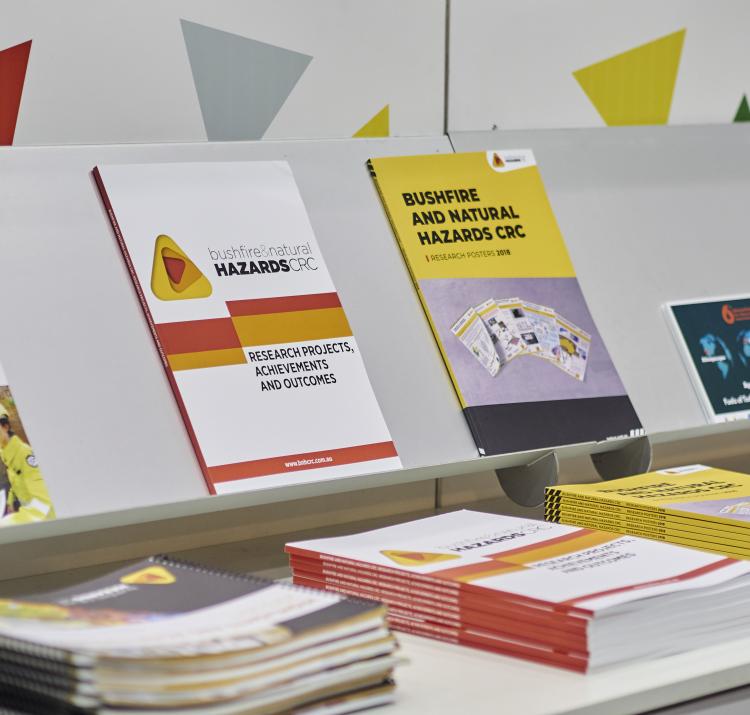Student researcher
This project's research questions are:
1. Does prescribed burning alter all components of the fuel load in typical vegetation types in the Sydney Basin?
2. Do plants that are characteristic of different vegetation types in the Sydney Basin, such as Wet Sclerophyll forest, Dry Sclerophyll forest and Heath, differ in their leaf morphology and leaf flammability traits?
3. Can information about fuel loads and flammability be used to guide land managers in mitigation of risk from bushfires?
This project aims to characterise changes in fuel loads with prescribed burning in a heavily populated area of the Sydney Basin to aid local land managers in assessing the reduction in bushfire risk using planned fire. Bushfires most often start by combustion of litter consisting of dead, highly combustible eucalyptus leaves, twigs, branches and grass. However, empirical data describing surface fuels is lacking and is an important area of active research. Anthropogenic global warming, which will affect the frequency, extent and intensity of bushfires in Australia, increases the urgency of conducting research to provide empirical data of fuel composition of native vegetation and fire behaviour.
Morphological, chemical and combustion characteristics in terms of flammability will be measured in surface litter from areas with dominant species. Morphological leaf traits and chemical analyses as well as a computational method will be used to combine aspects of leaf flammability. The ignitability, sustainability, combustibility and how consumable the material is will be determined. This will assist in ranking the tested species. The advantages and limitations of supporting management decisions with this ranking system will be discussed.
| Year | Type | Citation |
|---|---|---|
| 2020 | Journal Article | Non-Additive Effects of Forest Litter on Flammability. Fire 3, (2020). |
| 2019 | Thesis | Effects of Sydney coastal dry sclerophyll forest litter on fuels and fire behaviour in Hornsby shire. Life and Environmental Sciences Masters of Philosophy, (2019). |





